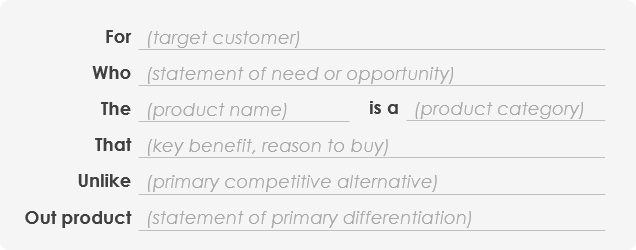A vision statement identifies where the organization wants or intends to be in future or where it should be to best meet the needs of the stakeholders. Every project needs a vision to steer itself in a proper direction. A vision serves as a guide for choosing the current as well as future course of actions.
A vision statement is
- A vision statement is Internally focused, with no marketing fluff.
- Fine-tuned to the goals of the marketplace and the end-customer needs.
- Strategic in nature. Show what, rather than how.
- Reviewed annually on multiyear projects.
- Owned by the product owner.
Vision Statement in Scrum
Vision statements aren’t part of the scrum model. However, the concept of a vision statement is useful and widely adopted. Companies, nonprofits, and individuals on personal journeys of intent often use vision statements.
Your vision statement must be communicated throughout the organization or group of people you’re working with. Whether you’re designing a new model of sports car or planning a wedding, everyone needs to clearly understand the end goal. It sets expectations and the tone of the project.
Vision Statement Template
In Geoffrey Moore’s excellent book Crossing the Chasm (published by HarperBusiness), he recommends an effective method for creating your vision statement. I use this model often with firstrate results:
The entire statement should be no longer than two or three sentences. Geoffrey Moore recommends this model:

A vision statement is for the organization and its members, unlike the mission statement which is for the customers and an effective Vision Statement should be:
- It should be unambiguous.
- It should be clear.
- It should be harmonize with organization’s culture and values.
- It should be rational / realistic.
- It should be shorter so that they are easier to memorize.
Vision Statement — An Example: Online shopping Mall

This post is also available in Deutsch, Español, فارسی, Français, Bahasa Indonesia, 日本語, Polski, Portuguese, Ру́сский, Việt Nam, 简体中文 and 繁體中文.













